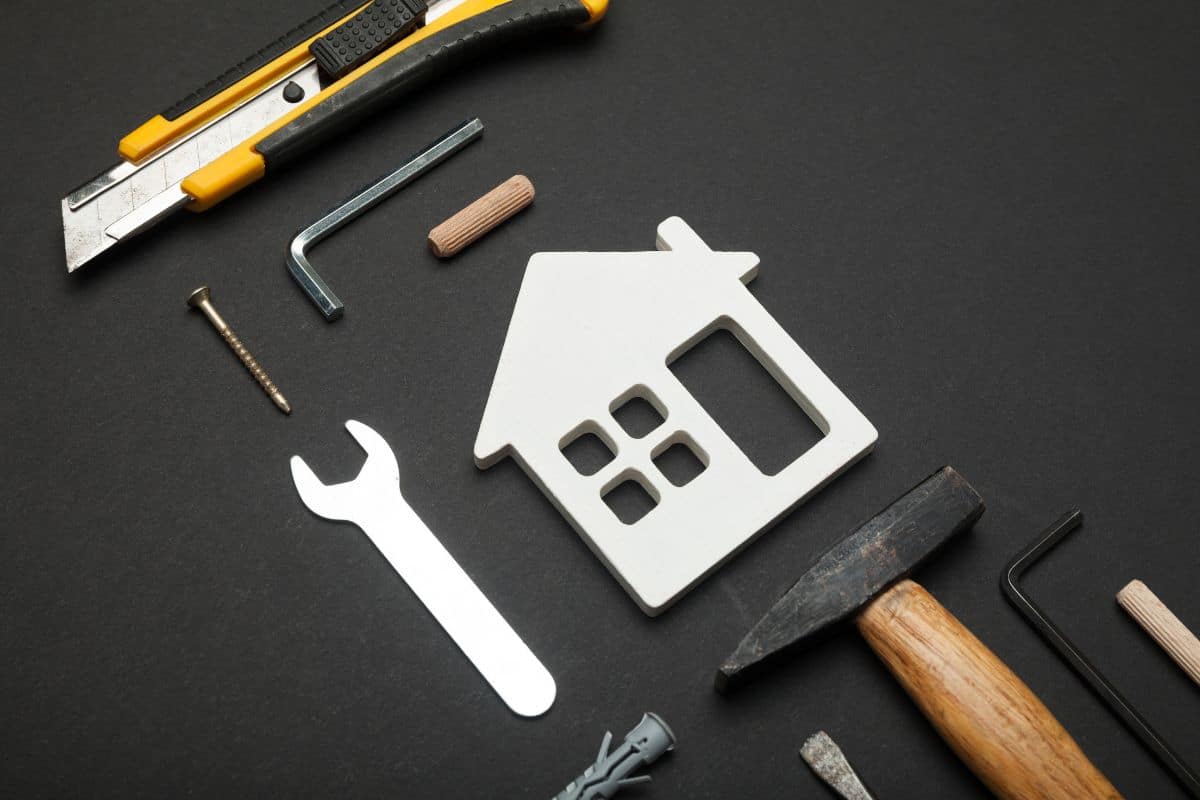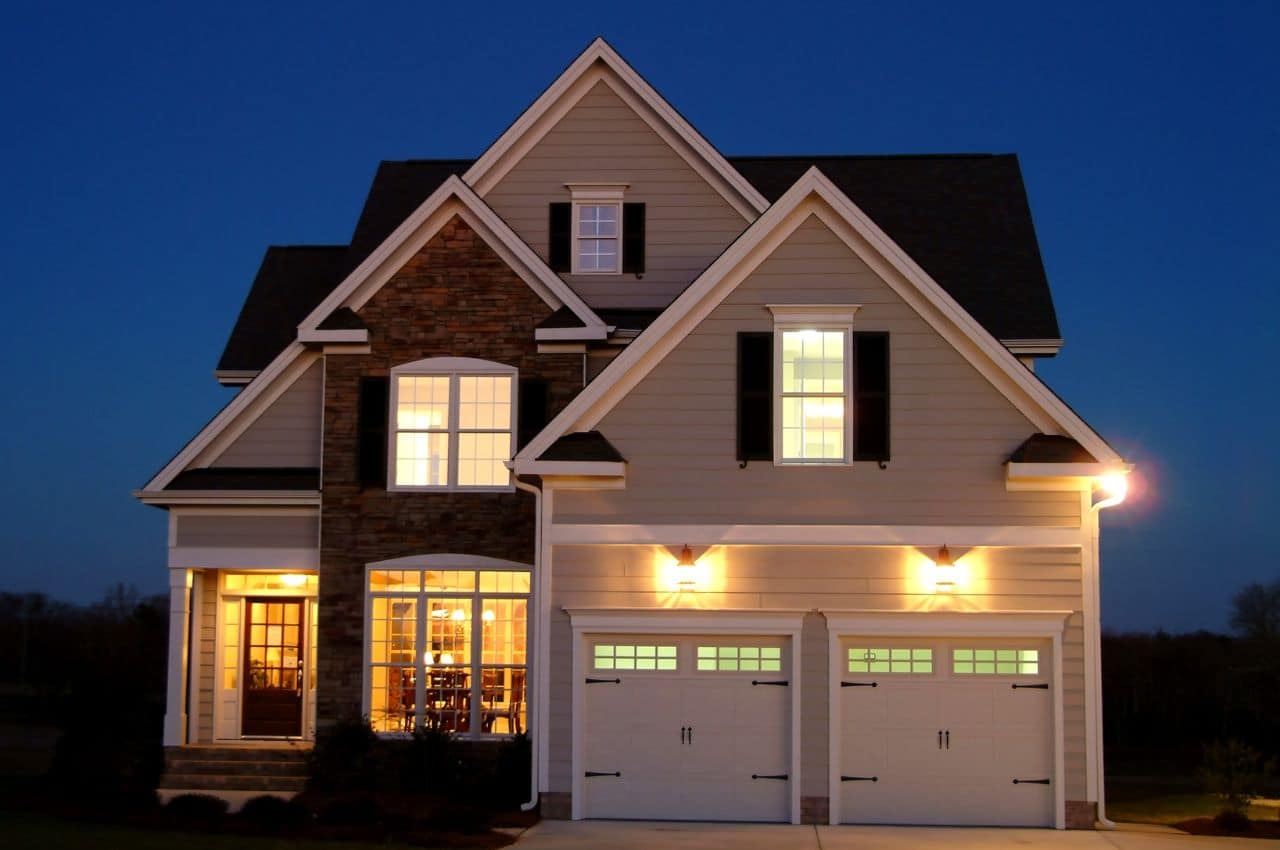Property management can sometimes feel like juggling a hundred different tasks at once. But if you’re a property manager, you know how important it is to keep everything running smoothly. Maintenance is at the heart of this process, and having a solid plan can make all the difference. So, let’s walk through some key things you should keep in mind to ensure your property stays in top shape.
Regular Inspections: Staying One Step Ahead
One of the easiest ways to avoid bigger problems is through regular inspections. These checkups help you catch things early—like a tiny leak that could turn into a flooded room or a loose railing that could lead to an injury.
– Plumbing:
Look for leaks under sinks, dripping faucets, and slow drains. Make sure toilets are flushing properly and there are no hidden water stains on walls or ceilings.
– HVAC Systems:
Clean air filters and check for odd noises or smells. It’s important to ensure the heating and cooling systems are working efficiently, especially when seasons change.
– Electrical: l
Ensure that all lights are working, and there are no exposed wires. Outlets should be functioning correctly, and any buzzing sounds should be addressed immediately.
Setting up a regular schedule for these checks can help you avoid last-minute emergencies.
Clean Common Areas
Common areas like hallways, lobbies, and laundry rooms are high-traffic zones. These spaces need to be kept clean and welcoming since they give the first impression to both current residents and potential tenants.
– Floors and Carpets:
Regular vacuuming and mopping are a must. Consider doing a deep clean of carpets every few months to remove stains and odors.
– Windows:
Clean windows make a huge difference. Dirty windows can make the entire place feel gloomy.
– Trash Areas:
Garbage disposal areas can quickly become a mess. Make sure they are cleaned regularly to avoid unpleasant smells and pests.
Pest Control: Don’t Let Little Creatures Ruin the Day
Pest control is not just about killing bugs; it’s about preventing them from ever becoming a problem in the first place. Tenants will not appreciate waking up to find ants in the kitchen or a rodent sneaking through the halls.
Start by making pest prevention a part of your regular maintenance plan:
– Seal Cracks:
Ensure all windows, doors, and cracks in walls are sealed tight. This can prevent small insects like ants and roaches from entering the building.
– Fix Leaks:
Standing water from leaks can attract pests like cockroaches and termites. Fix leaks as soon as you spot them.
– Garbage Management:
Make sure garbage areas are well-maintained. This is a hotspot for pests if not handled properly.
By using Pest Share, you can make pest control easier to manage. It allows you to offer pest control services as part of the rent package, making tenants feel safer and keeping properties in better shape. Plus, Pest Share works quickly and efficiently, so pest issues get solved fast!
Exterior Maintenance: First Impressions Matter
The outside of the property is just as important as the inside. A well-maintained exterior sends a message that you care about the property and its residents.
– Landscaping:
Regular lawn care, trimming trees, and keeping bushes neat go a long way. If you have a garden or outdoor plants, check them often to ensure they’re healthy and watered.
– Parking Lots and Driveways:
Make sure they are free of cracks or potholes that could cause damage to vehicles or even injure someone walking.
– Lighting:
Outdoor lighting is not only about appearance but also safety. Ensure that all lights work properly, especially around entryways and parking areas.
Roof and Gutters: Protecting from Above
The roof is your property’s first defense against the elements. A damaged roof can lead to all sorts of problems, from leaks to mold.
– Check for Damage:
After storms, check for missing or damaged shingles.
– Clean Gutters:
Clogged gutters can lead to water damage on the roof and the sides of the building. Make sure they are cleaned regularly, especially during the fall when leaves build up.
Keeping an eye on the roof might seem like a hassle, but it can save you a lot of headaches in the long run.
Paint and Fixtures: Keep It Looking Fresh
Regular painting and touch-ups can go a long way in making your property look new and inviting. Chipped paint or rusty fixtures send the message that things are being ignored.
– Exterior Paint:
A fresh coat every few years can help protect the building from weather damage.
– Interior Paint:
High-traffic areas like hallways can get scuffed up quickly. Regular touch-ups or a full repaint when needed will keep everything looking sharp.
– Fixtures:
Make sure door handles, faucets, and light fixtures aren’t rusted or broken. These small details make a huge difference.
Fire and Safety Systems: Essential for Peace of Mind
No maintenance checklist is complete without making sure safety systems are working properly.
– Smoke Alarms:
Test alarms regularly and replace the batteries at least once a year.
– Fire Extinguishers:
Check expiration dates and ensure they are placed in accessible areas.
– Emergency Exits:
Make sure all exit doors are clear and functioning. If there’s a fire escape, ensure it’s well-maintained and easy to access.
Having these systems in place and functioning properly can protect not only the property but also the lives of residents.
Keep Tenants Happy: Simple Communication Tips
A happy tenant is more likely to stay longer, pay rent on time, and take better care of their unit. One of the easiest ways to keep tenants happy is by keeping the lines of communication open.
– Respond to Requests:
Try to respond to maintenance requests quickly. Even if the repair will take some time, keeping the tenant updated on the progress helps reduce frustration.
– Routine Updates:
Let tenants know about upcoming inspections, repairs, or pest control visits. This keeps everyone on the same page and reduces misunderstandings.
Good communication helps build trust, which is key to a strong landlord-tenant relationship.
Seasonal Maintenance: Prepare for Changes
Different seasons bring different maintenance needs.
– Winter:
Check heating systems, seal windows, and keep walkways free of snow and ice.
– Spring:
Clean gutters, prepare landscaping, and inspect for any damage from winter storms.
– Summer:
Ensure air conditioning units are running smoothly, check for pests, and maintain outdoor spaces.
– Fall:
Clean up leaves, check heating systems, and ensure windows and doors are sealed.
By preparing for the changes each season brings, you can prevent problems before they start.
Maintaining a property might seem like a lot of work, but it’s all about keeping up with the little things to prevent bigger issues down the road. A solid maintenance plan helps keep tenants happy, protects your investment, and ensures that your property stays in top shape year-round.
Remember, it’s not just about fixing problems as they arise. Proactive maintenance saves time and money while making your job a whole lot easier. And if pest control ever becomes an issue, services like Pest Share can help you take care of it quickly without the hassle.







